This week, ABC TV has televised Stargazing Live across three nights (the third episode will screen tonight). Thousands of ‘citizen scientists’, viewers on the first night, supplied ‘1 million new data points in a matter of hours, helping to classify 18,000 images from the Skymapper telescope at the Siding Spring observatory. Four of those participants identified a flash of light emitted from a galaxy 1.1 billion light years away.’
Astronomers examined the data from these four and were able to confirm on the next night’s show that they’d discovered a new supernova, an exploding star. It was ‘ridiculously exciting’, said one. Show presenter, Brian Cox, commented:
“1.1 billion light years means exactly that,
“When that star exploded, there were no living things beyond the ocean on the Earth.
“The light was almost here when humans evolved — and it was very nearly here when we began to do astronomy.
“Then we invented television, and eventually we made a television show … and ABC viewers saw it last night.
“If it’d happened a week later, we’d never have seen it.”
The italics above are mine; I confess that I didn’t see it, because I didn’t look – I haven’t watched the show over the last two nights, even though last night, I did seen a news item informing me about the possibility of the discovery of the supernova.
I sometimes check in with a web-page called Spirit Sightings, where the authors reflect on current affairs in the light of the Lectionary readings. When I read about the supernova this morning, I couldn’t help but reflect on Cox’s comments in the light of this week’s readings – the writers all talk about God and Spirit in the light of what they know and understand. Isaiah, moved by the death of a king, ‘saw the Lord’, David saw and heard God in the natural world around him, and Jesus saw the Spirit in the wind.
Spirit-Sightings occur in the stuff of our lives; we see God when look at our world, listen to the news, reflect on what’s happening. And sometimes, it’s ridiculously exciting.
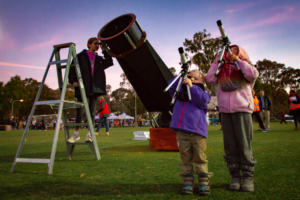
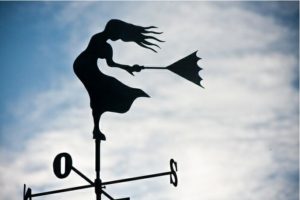
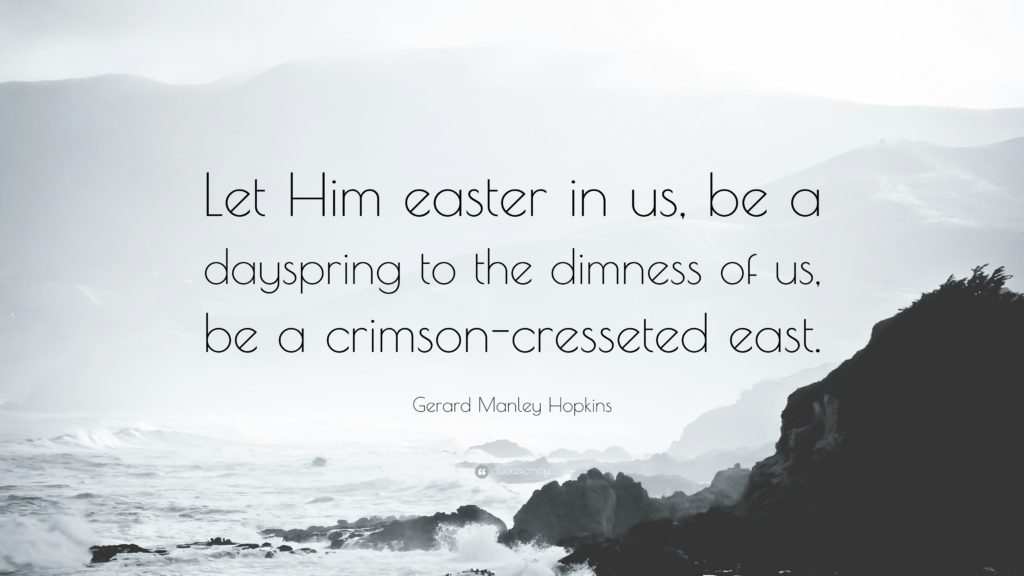
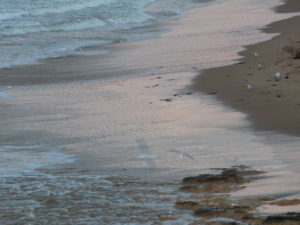 I rarely witness dayspring even if I am up early enough because I don’t have any east-facing windows that give me an unobstructed view of the horizon. When I first became acquainted with this poem I was attending a prayer retreat at
I rarely witness dayspring even if I am up early enough because I don’t have any east-facing windows that give me an unobstructed view of the horizon. When I first became acquainted with this poem I was attending a prayer retreat at 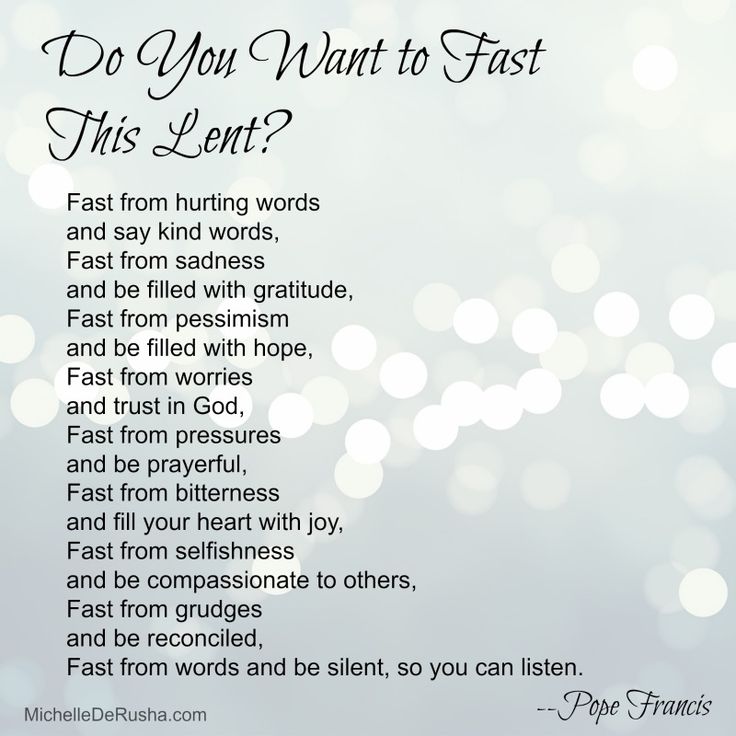
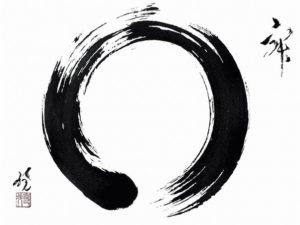
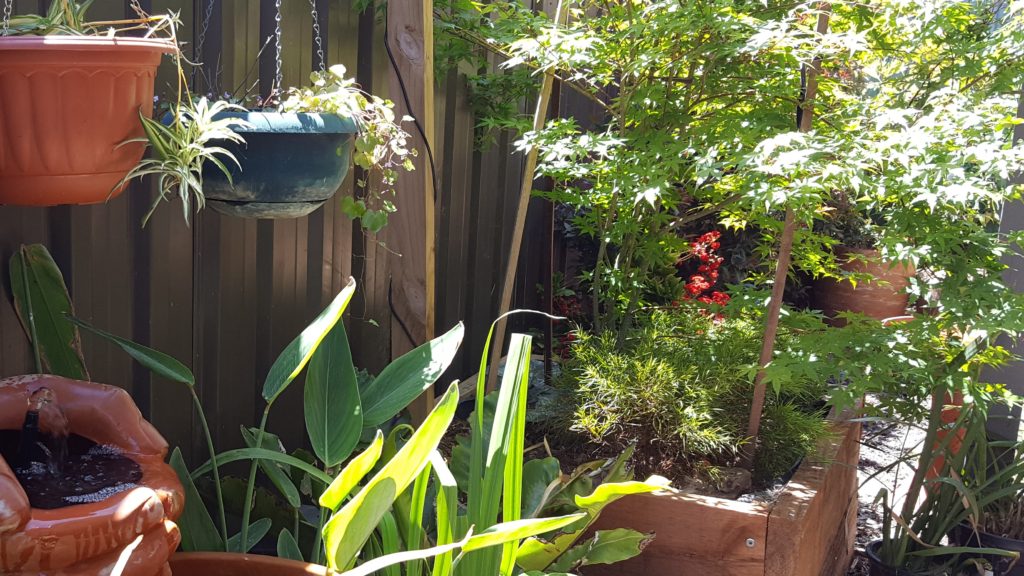


 Did you see the
Did you see the 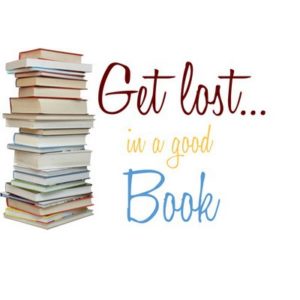 I was three quarters of the way through the book Out of the Ice, when I lost it.
I was three quarters of the way through the book Out of the Ice, when I lost it.